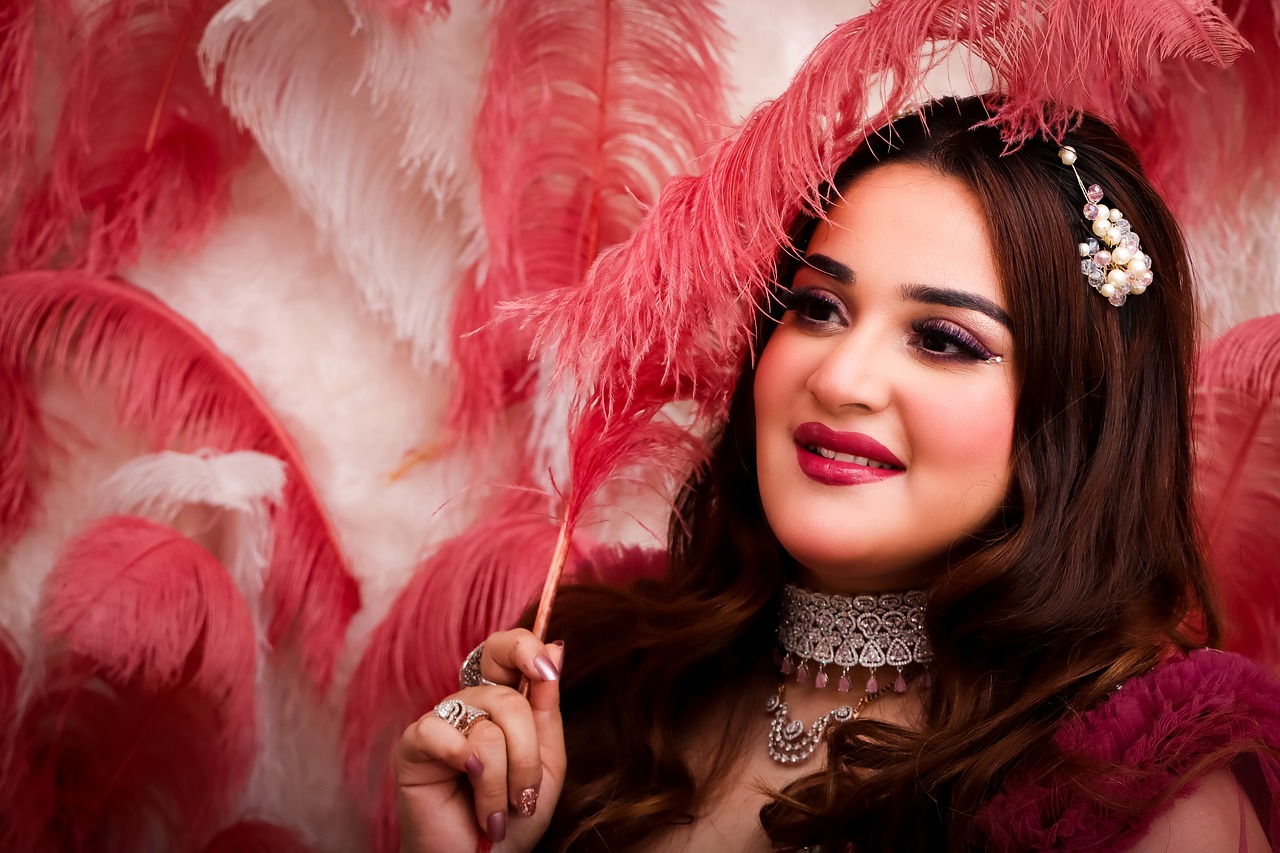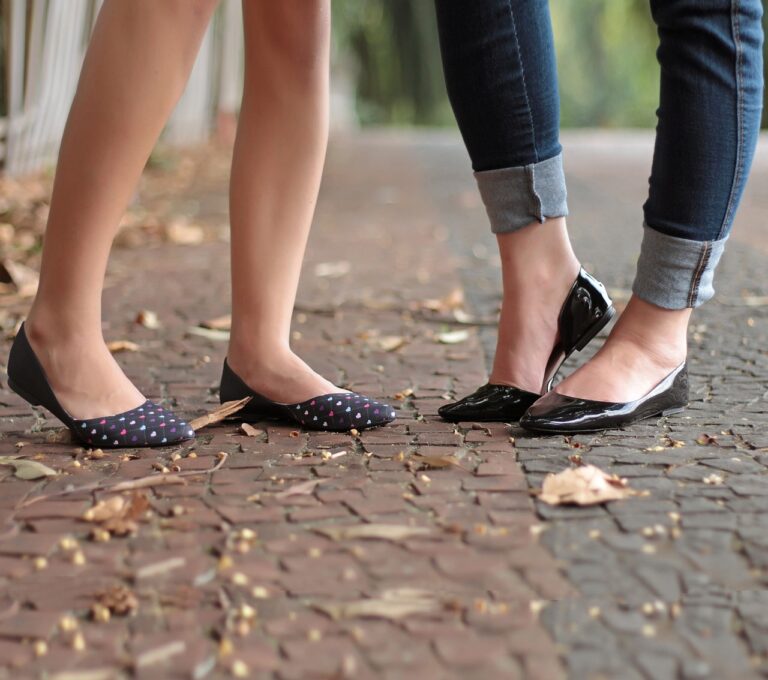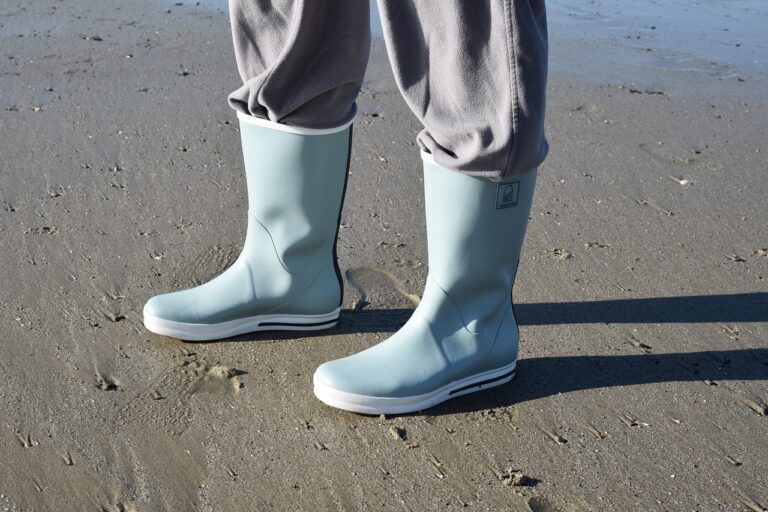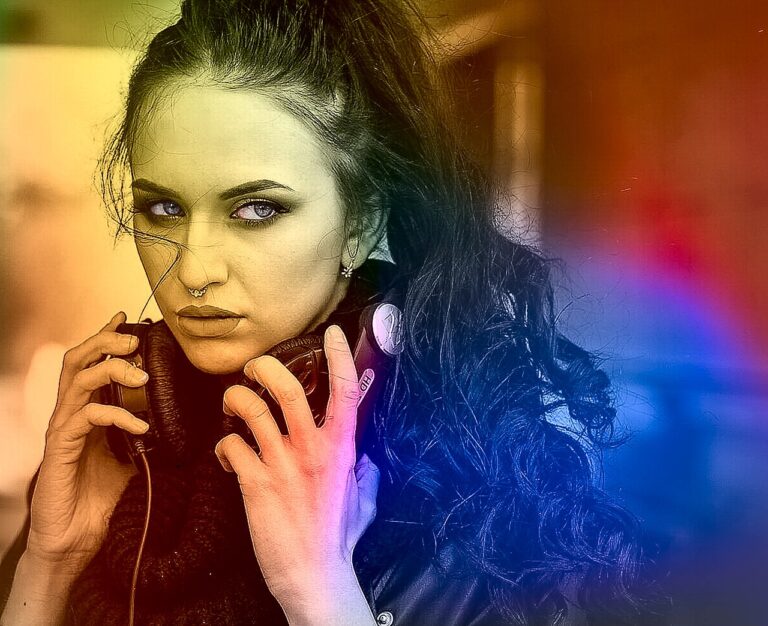Ethical Considerations in Fashion PR Campaigns: Golden exchange, Cricbet99, King567
golden exchange, cricbet99, king567: Ethical Considerations in Fashion PR Campaigns
In the fast-paced world of fashion, public relations (PR) campaigns play a crucial role in shaping a brand’s image and attracting consumers. However, with great power comes great responsibility. Fashion PR professionals must navigate a fine line between promoting their client’s products and upholding ethical standards. In today’s socially conscious world, consumers are more aware than ever of the impact of their purchasing decisions. Therefore, it is essential for fashion PR campaigns to not only be effective but also ethical.
In this blog post, we will delve into the ethical considerations that fashion PR professionals should keep in mind when planning and executing campaigns. From sustainability to diversity and inclusivity, there are several factors to consider to ensure that your campaign resonates with consumers while also aligning with ethical principles.
Understanding the Power of Fashion PR
Fashion PR campaigns have the power to influence consumers’ perceptions and purchasing decisions. By strategically crafting messaging, collaborating with influencers, and securing press coverage, PR professionals can create buzz around a brand’s products and increase brand awareness. However, with this power comes the responsibility to ensure that the campaigns are not misleading, harmful, or exploitative.
Ethical Considerations in Fashion PR Campaigns
1. Sustainability: One of the most pressing issues in the fashion industry is sustainability. As consumers become more conscious of the environmental impact of their purchases, brands must prioritize sustainability in their PR campaigns. This includes highlighting eco-friendly materials, ethical manufacturing processes, and transparent supply chains.
2. Diversity and Inclusivity: Representation matters. Fashion PR campaigns should strive to be diverse and inclusive, showcasing a range of body types, skin colors, genders, and abilities. By including a diverse range of models and influencers in their campaigns, brands can resonate with a wider audience and promote positive social change.
3. Ethical Partnerships: When collaborating with influencers, celebrities, or other brands, fashion PR professionals must ensure that their partners align with their ethical values. This includes conducting due diligence on potential partners to ensure that they do not have a history of unethical behavior or controversies.
4. Transparency: Transparency is key in fashion PR campaigns. Brands should be upfront about their practices, sourcing, and manufacturing processes. By being transparent with consumers, brands can build trust and credibility, leading to long-lasting relationships with their audience.
5. Avoiding Greenwashing: Greenwashing is the practice of making false or misleading claims about a product’s sustainability. Fashion PR professionals must avoid greenwashing in their campaigns by ensuring that any sustainability claims are backed up by verifiable data and certifications.
6. Responsible Messaging: The messaging in fashion PR campaigns should be responsible and considerate. Avoiding harmful stereotypes, cultural appropriation, or offensive language is essential to maintain the brand’s reputation and prevent backlash from consumers.
FAQs
Q: How can fashion PR professionals ensure that their campaigns are ethical?
A: Fashion PR professionals can ensure that their campaigns are ethical by prioritizing sustainability, diversity and inclusivity, ethical partnerships, transparency, responsible messaging, and avoiding greenwashing.
Q: What are some examples of unethical practices in fashion PR campaigns?
A: Examples of unethical practices in fashion PR campaigns include greenwashing, using misleading or false claims, promoting harmful stereotypes, cultural appropriation, and offensive language.
Q: How can consumers hold brands accountable for unethical practices in their PR campaigns?
A: Consumers can hold brands accountable for unethical practices by speaking out on social media, boycotting the brand, or supporting brands that prioritize ethical values. Additionally, consumers can research and educate themselves on ethical fashion practices to make informed purchasing decisions.
By keeping these ethical considerations in mind, fashion PR professionals can create campaigns that not only drive results but also align with consumers’ values. In today’s competitive market, ethical fashion PR is not just a trend it’s a necessity. Brands that prioritize ethics and sustainability in their campaigns will not only attract customers but also build lasting relationships based on trust and integrity.







